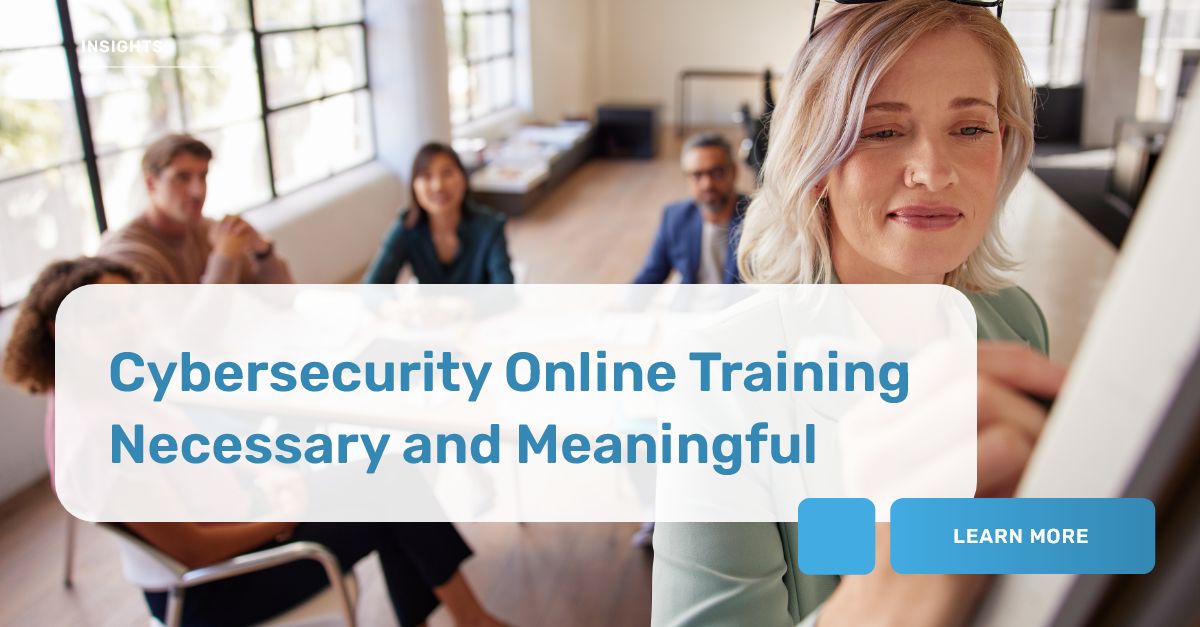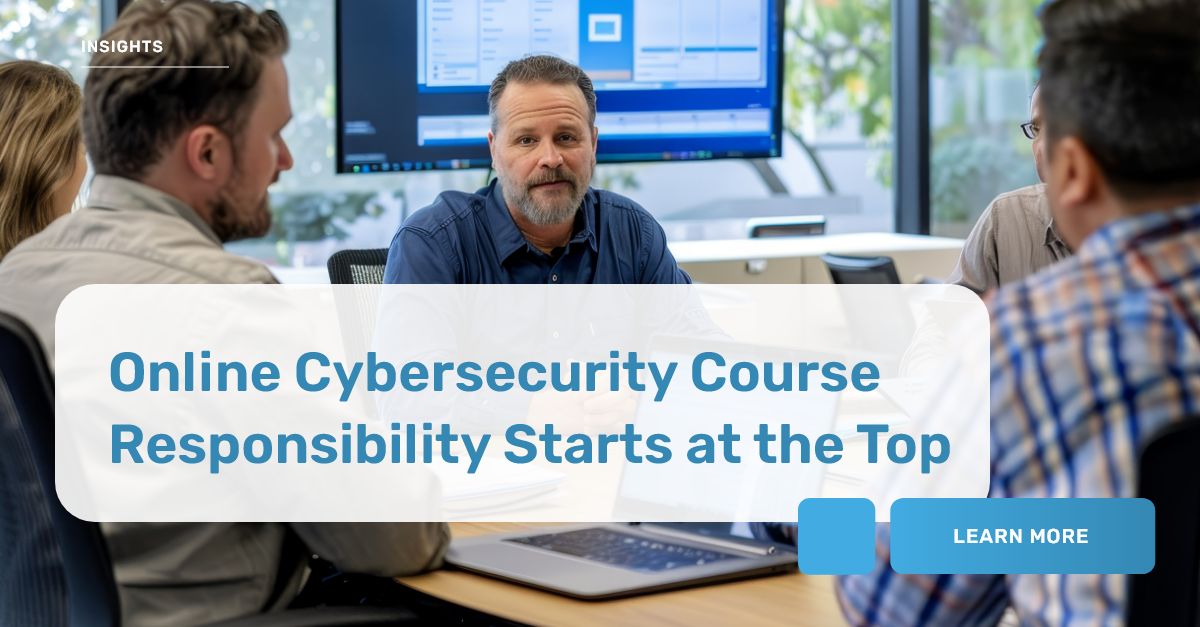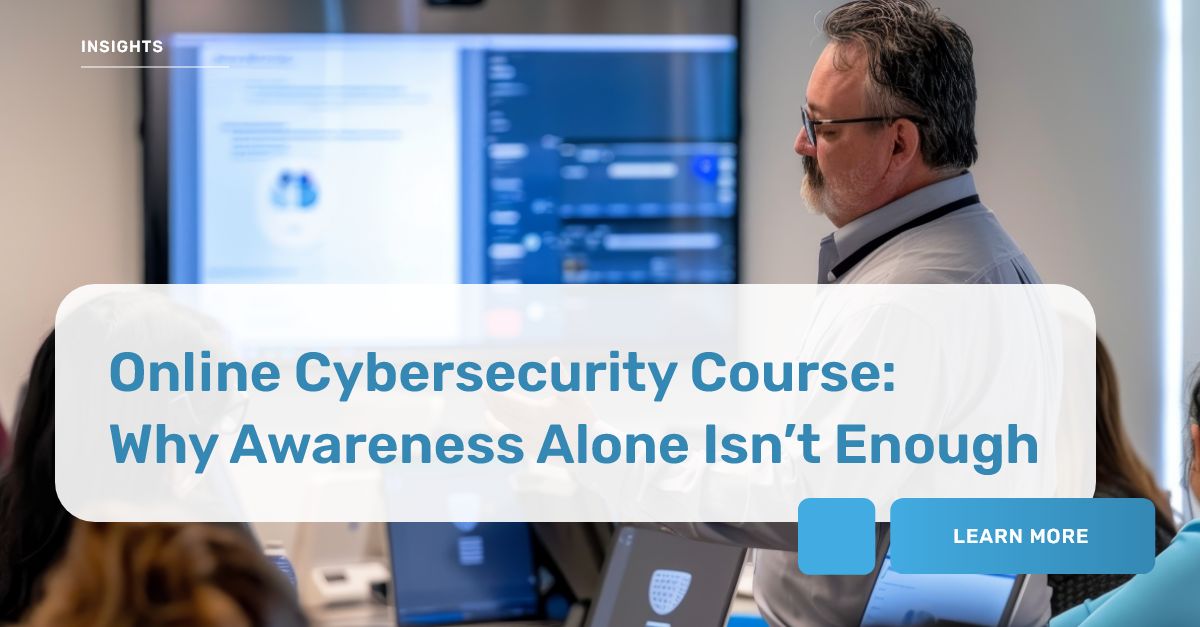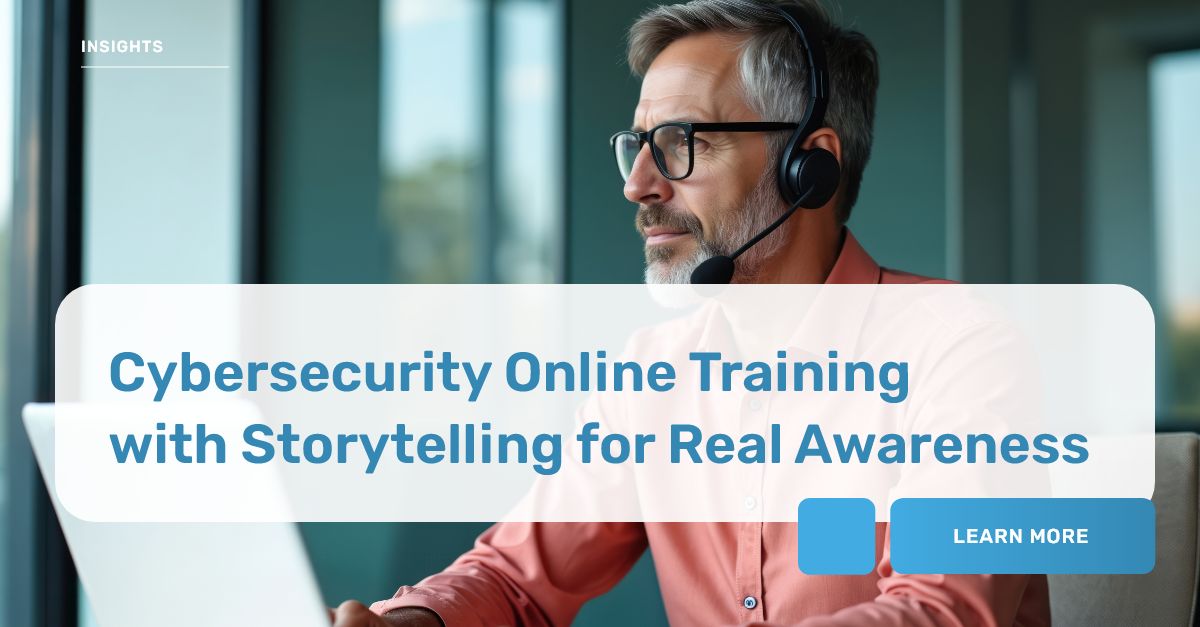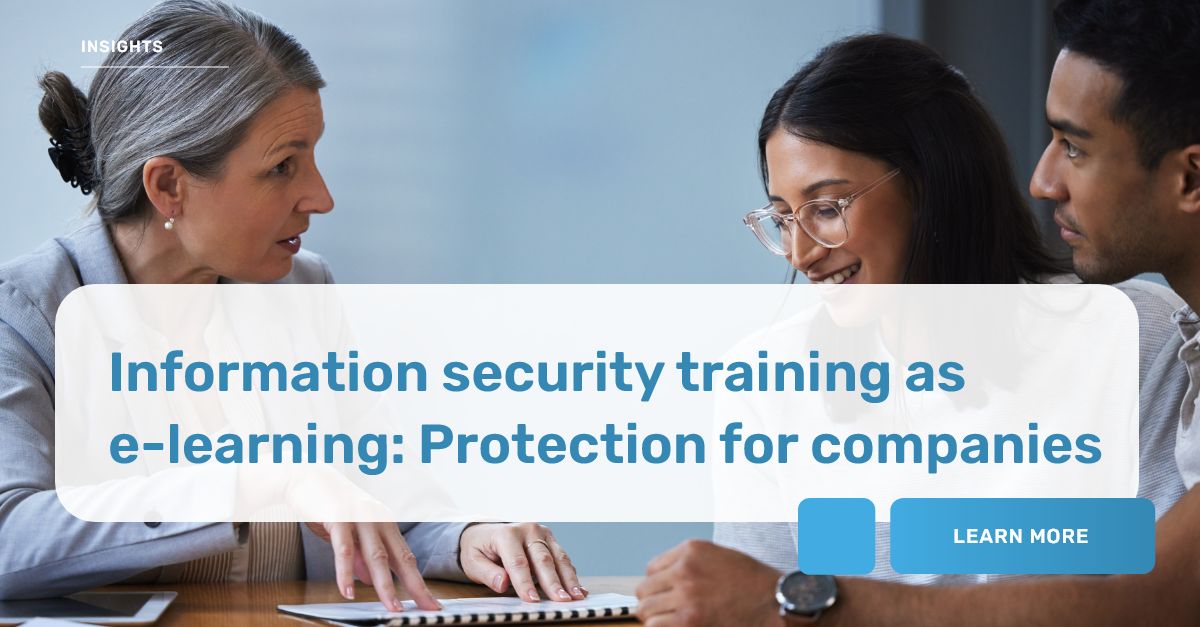Learning Management System
Learning Management System - The basis
A Learning Management System (LMS) is a digital platform for the provision, administration and evaluation of learning content. It forms the technical foundation for e-learning in companies – whether for onboarding, specialist training, compliance training or personal development.
An LMS makes it possible to structure learning processes, track learning progress and organize training measures in a targeted manner. The focus here is on accessibility, scalability and reporting.

A good LMS is not a tool - it is a learning space.
What a good LMS must do
A modern learning management system should do more than just play content. It must really support learning processes:
- User-friendly interface for learners and administrators
- Integration with HR and IT systems
- SCORM, xAPI and LTI compatibility for integrating external content
- Individual learning paths & certificate functions
- Reports & analysis functions for measuring success
- Mobile use & multilingualism
- Data protection compliance (e.g. GDPR)
Why an LMS is more than just technology
An LMS is not just a tool – it is a central component of the company’s learning culture. It creates the basis for employees to be able to learn at any time, individually and at their own pace.
The LMS plays a decisive role in the successful delivery of customized e-learning courses – such as those we develop at skillbest:
- User-friendly display of content
- Linking theory & practice via interactive learning elements
- Learning history and repeatability
E-learning and LMS: Why the two must be considered together
Great learning content is only as good as its digital home. That’s why it’s important to develop individual e-learning courses that are LMS-compatible right from the start. This is how we ensure that:
- all technical standards are complied with (e.g. SCORM 1.2 or xAPI)
- Learning progress is reliably documented
- Employees can start their learning journey seamlessly
Cloud, on-premise or hybrid - what suits your company?
The choice of the right hosting variant depends heavily on your internal requirements:
- Cloud LMS: Quickly ready for use, little IT effort, ideal for SMEs or decentralized teams.
- On-premise LMS: Full data control, customizable, often used by large companies with an IT department.
- Hybrid solutions: Combining the best of both worlds.
We advise our customers on which option suits their IT landscape and data protection strategy.
A well thought-out learning management system creates the basis for all e-learning activities in the company. If you want to use digital learning strategically, there is no way around an LMS. Especially when training courses are based on in-house expertise and have been individually developed.
Online cybersecurity training – necessary and meaningful
Cybersecurity training online is not only possible, but more effective than expected - if…
Cybersecurity training online: What training should really achieve
A modern online cybersecurity training must do more than just warn. How e-learning…
e-Learning IT security: Why standard courses do not protect
e-Learning IT Security: How customized e-Learnings build awareness and real protection…
Online cybersecurity course for managers: responsibility starts at the top
Managers need customized online cybersecurity courses - for real responsibility and…
Online cybersecurity course: Why awareness alone is not enough
Online cybersecurity course: Strategic guidance for cybersecurity training. Why awareness…
IT security online course: these 5 mistakes to avoid
IT security online course: These mistakes should be avoided during development in order…
Cybersecurity online training with storytelling for real awareness
Cybersecurity online training with storytelling creates real awareness - why HR and…
Cybersecurity online course as a well thought-out curriculum
Curriculum-based cybersecurity online course concept: customized, adaptive content,…
Information security training as e-learning: protection for companies
Discover how customized information security training via e-learning works for large…

